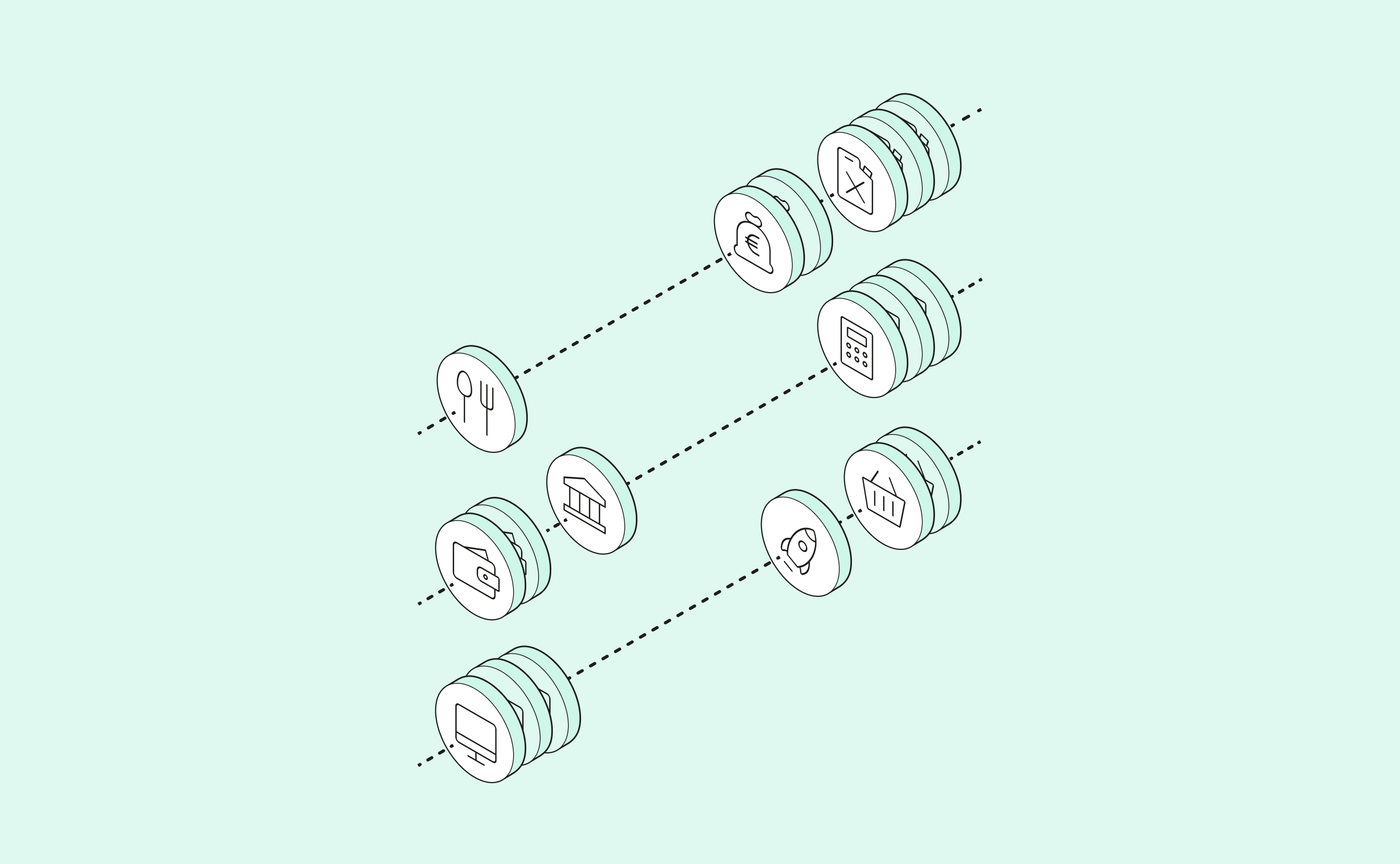Business accounting duties include recording and storing accounting documents; keeping track of transactions in chronological order; issuing invoices; doing annual inventories; and producing a financial statement at the end of the fiscal year (i.e. a balance sheet, income statement, and annexes).
Is maintaining accounting records mandatory for all businesses? Yes, for commercial companies like SA (Société Anynonyme or Limited Company), SAS (Société par Actions Simplifiée or Simplified Shareholder Company), SASU (Société par Actions Simplifiée Unipersonnelle or Simplified Single Shareholder Company), SARL (Société à Responsabilité Limité or Limited Liability Company) or EURL (Entreprise Unipersonnelle à Responsabilité Limitée or Limited Liability Sole Proprietor Enterprise), SNC (Société en Nom Collectif or Partnership) or SCS (Société en Commandite Simpleor Simple Limited Partnership). However, if you’re a freelancer or individual entrepreneur outside of the micro-enterprise regime, you’re exempt from maintaining a full accounting process: no need to do an annual inventory or produce a financial statement. All you need to do is keep a journal of your revenue and, if you’re a merchant, possibly a purchase register.
What are your company’s accounting obligations? The legal structure you choose when you create your company determines the accounting obligations you’ll need to follow. The key here is to get familiarized with your tax and accounting calendar to be prepared for its various deadlines.
Depending on your legal status, this includes:
-
Social security deadlines: DSN (Déclaration Sociale Nominative or Nominative Social Declaration), DADS-U (Déclaration Annuelle de Données Sociales Unifiée or Annual Social Data Declaration), DSI (Déclaration Sociale des Indépendants or Independent Social Declaration),
-
Accounting deadlines: End-of-year reporting (inventory, balance sheet, income statement).







